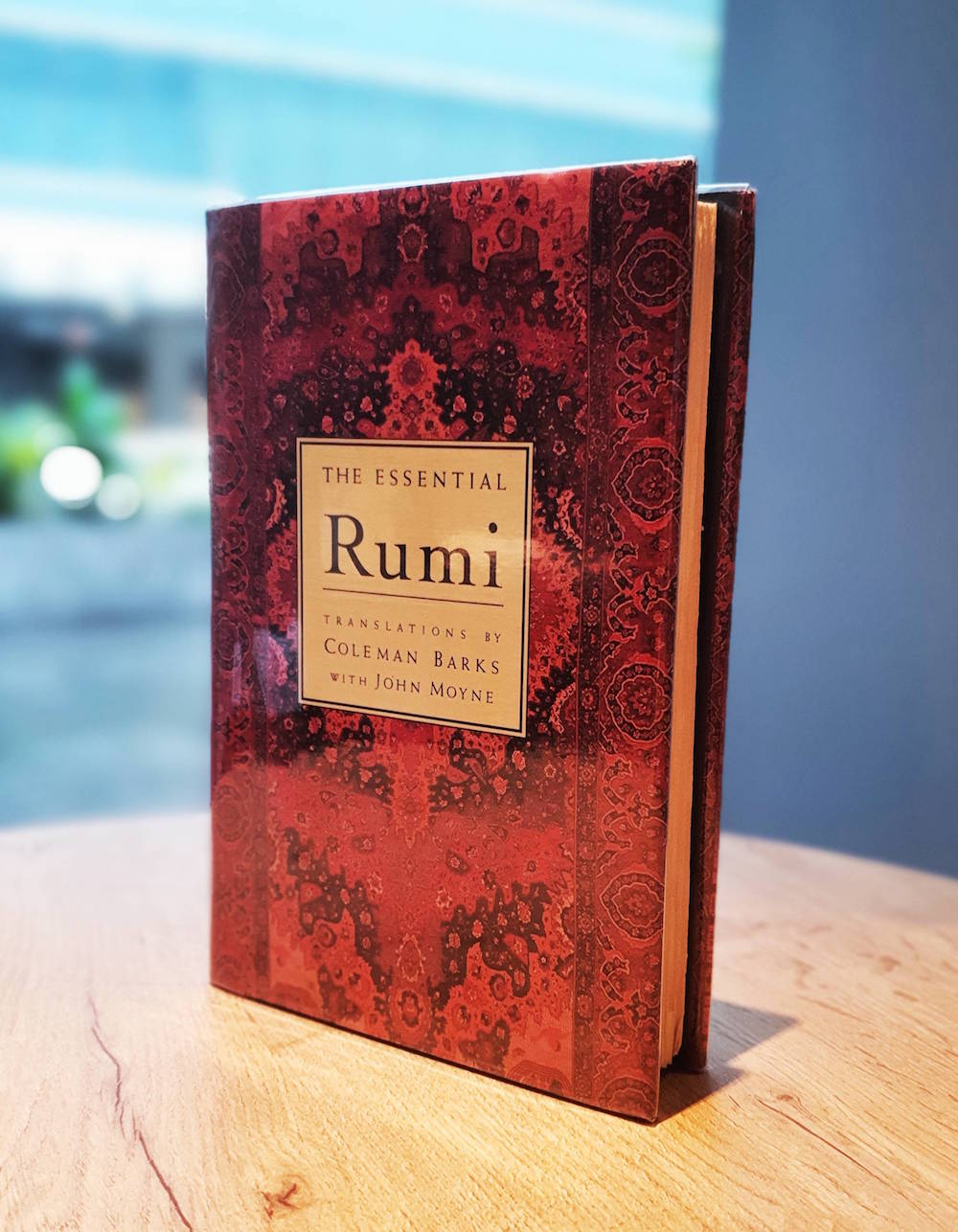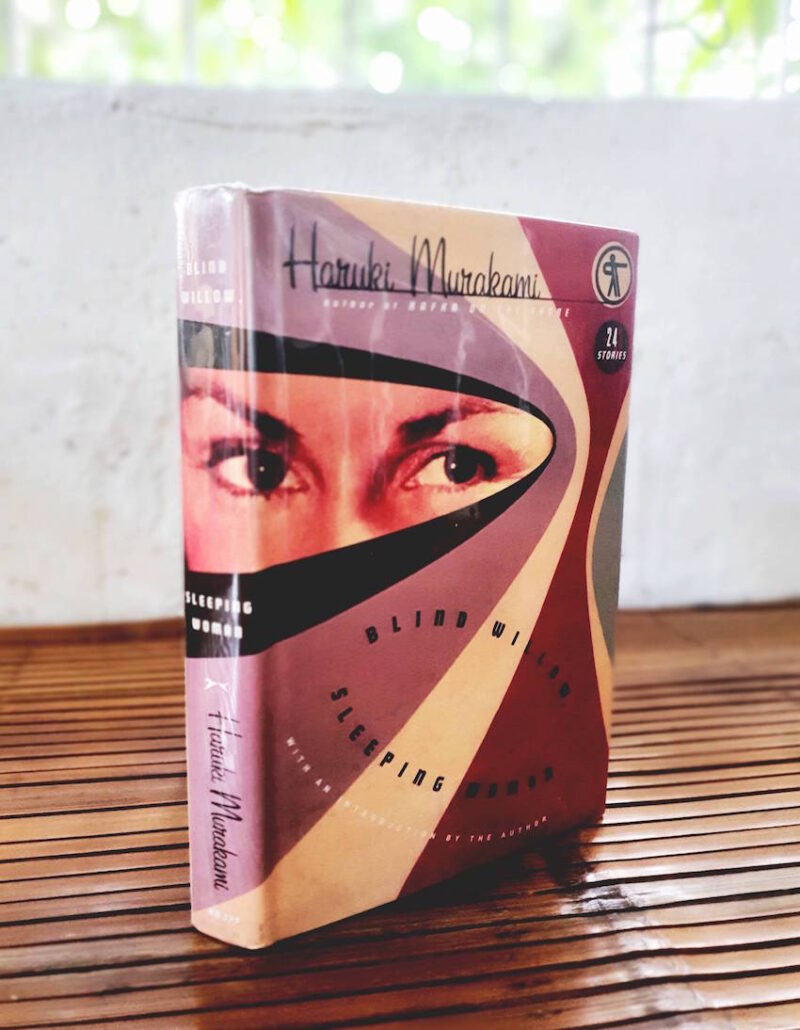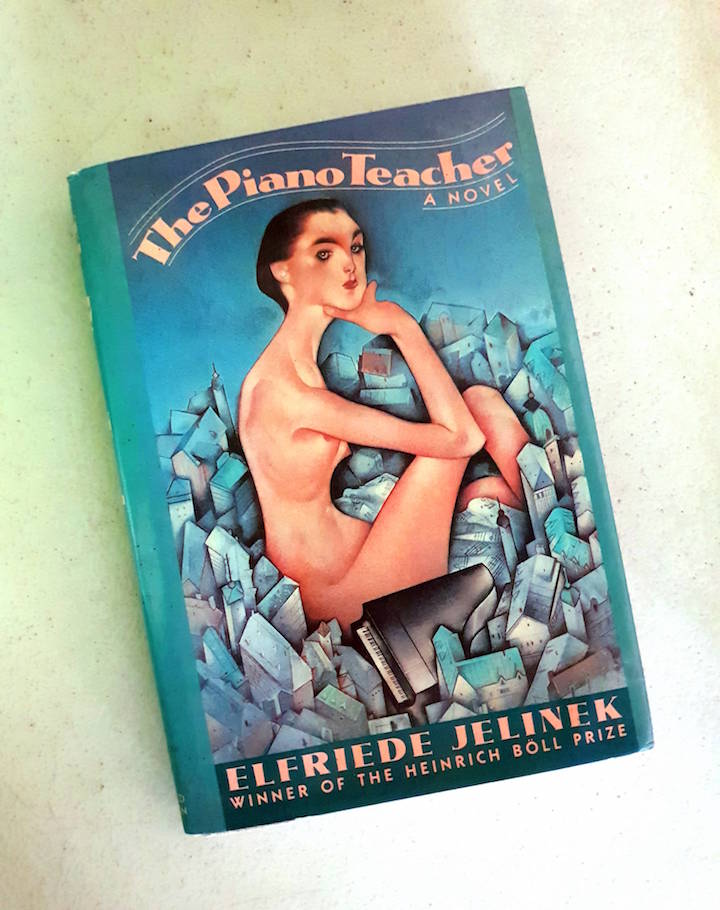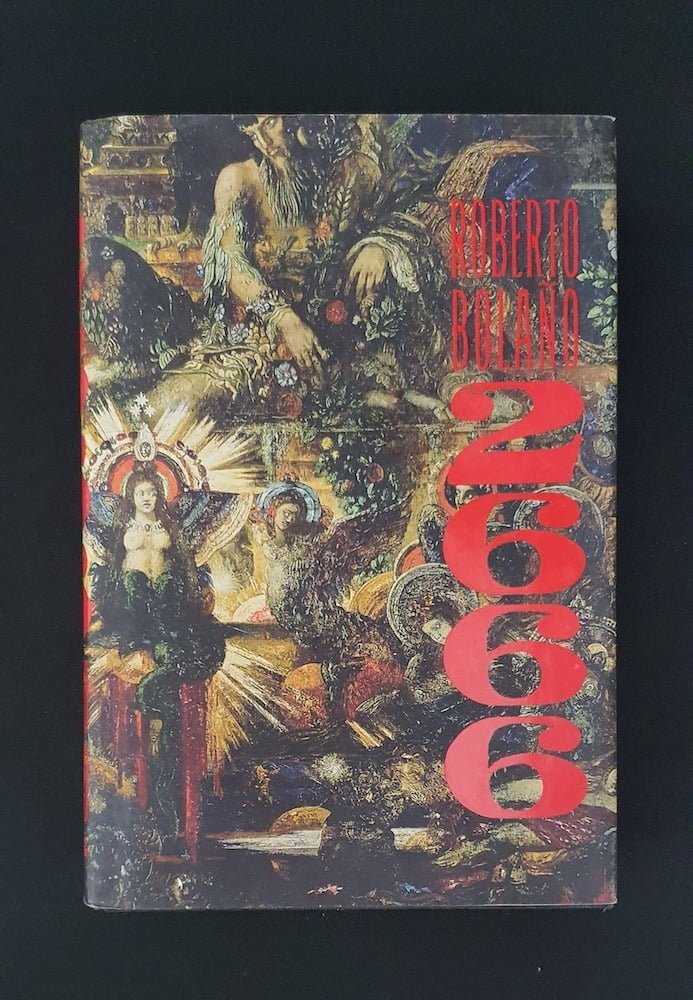Rumi fans and newcomers alike will appreciate The Essential Rumi (1995), which presents the poet’s major poetry in its most poetic form. Wonder, loneliness, and seduction are just a few of the themes explored in this collection of poems written with passion, wit, and sensitivity.
Using poetic translations, Coleman Barks has made the euphoric, spiritual poetry of the thirteenth-century Sufi mystic Jalāl al-Dīn Muḥammad Rūmī more accessible to a wider audience than ever before. Coleman Barks collects the greatest translations from over a decade of devoted study of the poet’s work in this landmark book. Under 27 sections, he explores themes like emptiness and stillness, feeling of separation and of marriage, and many more topics.
Today, Rumi’s spiritual teachings have attracted a wide following not just in the United States but also in other parts of the world. The West’s interest in Rumi, however, didn’t start in the 20th century; some of the oldest translations of Rumi’s poetry come from 1772, when the English philologist Sir William Jones translated the first lines of Rumi’s Masnavi, or “Spiritual Couplets,” which had a major influence on Muslim mystical philosophy and literature throughout the Muslim world.
Rumi’s writings have received appreciation for demonstrating harmony and tolerance as well as for promoting reason, goodness, and altruism. This is also true of Rumi’s belief that all people should be treated with respect, regardless of their beliefs about various religions and cultures.
Rumi’s modest appreciation of the present moment and his capacity to find something to appreciate, even in silences that express what cannot be stated in words, will stick with you the most after reading this poetry collection, among all the lyrical wonder and universal love expressed in it.
Selected Passage with Analysis
I am filled with you.
Page 131, The Essential Rumi, transl. by Coleman Barks
Skin, blood, bone, brain, and soul.
There’s no room for lack of trust, or trust.
Nothing in this existence but that existence.
The opening line, "I am filled with you," conveys the speaker’s complete immersion in the presence of the beloved, representing a divine essence. The enumeration — “Skin, blood, bone, brain, and soul” — asserts that every physical and inner aspect is intertwined with this beloved, erasing separation within the self. The subsequent lines eliminate any notion of absence or partiality, presenting a state where only complete union is possible.
This passage resonates with recurring themes of union with the divine and the blending of body and spirit. In Rumi’s work, the beloved often symbolizes a higher power that permeates every aspect of existence. The text stresses that when such divine energy is fully embraced, there remains no room for anything other than this total integration.
This passage encapsulates a vision where the individual self is entirely merged with a larger, sacred presence, reflecting the overarching narrative that true fulfillment arises from this total connectivity with the divine.
Further Reading
Why is Rumi the best-selling poet in the US? by Jane Ciabattari, BBC
The Rumi Poem we should all Read by Elyane Youssef, Elephant Journal
The erasure of Islam from the poetry of Rumi by Rozina Ali, The New Yorker
Rumi for the New-Age Soul: Coleman Barks and the Problems of Popular Translations by Ajam Media Collective




